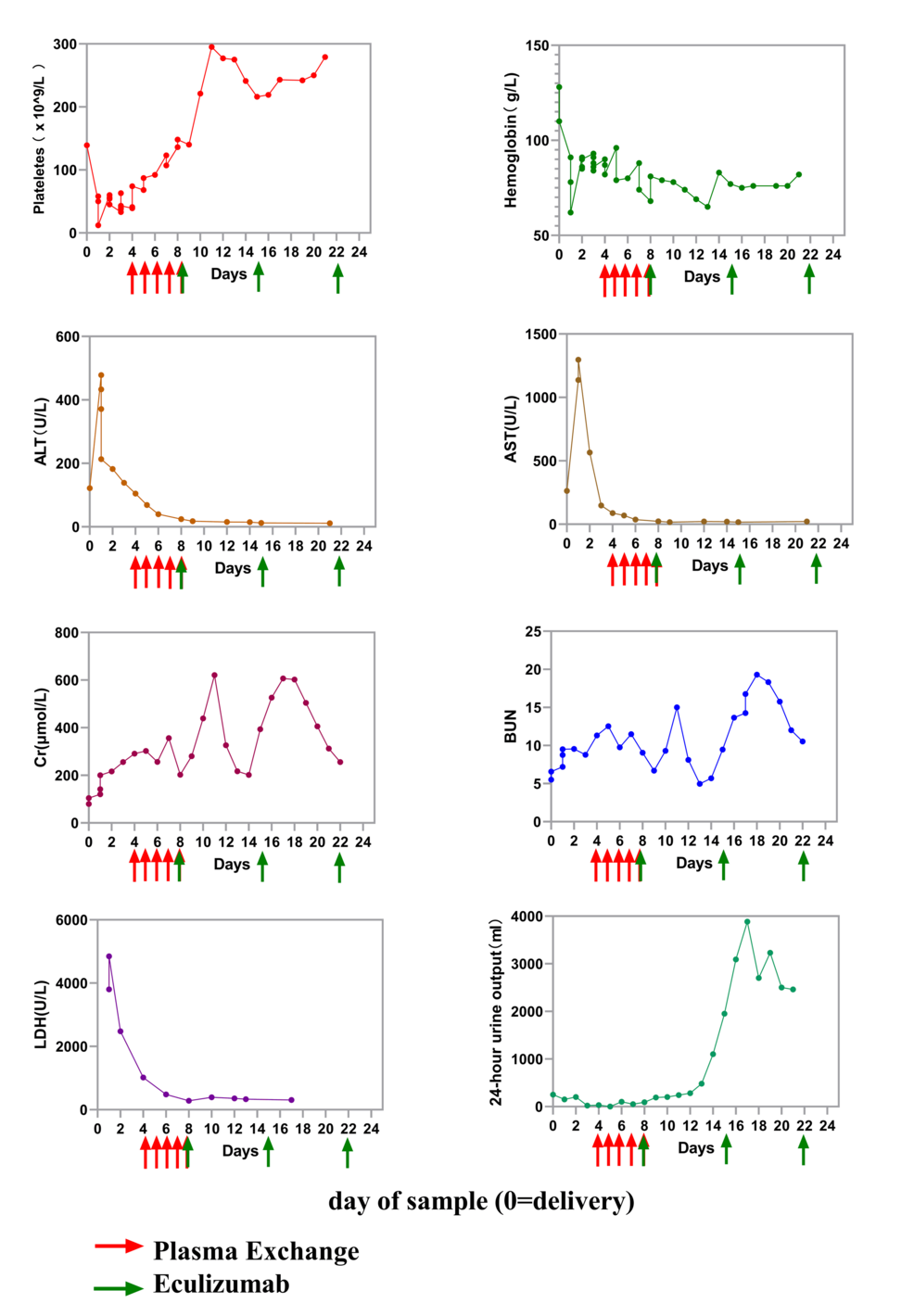Polio Virus Detected in Sewage Samples Across Pakistan

Islamabad [Pakistan], May 6 (ANI): Recent testing of sewage samples has confirmed the presence of the poliovirus across 18 districts in Pakistan, according to reports from ARY News. The National Emergency Operations Centre (NEOC) for Polio in Pakistan conducted environmental testing from April 7 to April 17, revealing the alarming finding of Wild Poliovirus Type 1 (WPV1) in various samples collected from multiple locations throughout the country.
The NEOC disclosed that sewage samples indicating contamination were identified in four provinces. Specifically, the positive samples were found in three districts in Balochistan, six in Sindh, six in Khyber Pakhtunkhwa, and two in the province of Punjab. Additionally, tests from the federal territory of Islamabad also detected the presence of the polio virus.
As of this year, there have been eight reported cases of polio in Pakistan, highlighting a concerning trend compared to last year when the nation recorded a total of 74 cases. This spike in cases underscores the ongoing battle against polio, a disease notorious for causing paralysis and, in severe cases, death. It is a virulent condition without a cure; however, it is preventable through vaccination.
The World Health Organization (WHO) classifies polio as a highly infectious disease caused by a virus that is transmitted person-to-person, primarily through the faecal-oral route. It can also spread through contaminated food or water. Once ingested, the virus multiplies in the intestine and can lead to serious health complications. Consequently, the importance of vaccination cannot be overstated.
Health officials stress that children under the age of five are particularly vulnerable to this debilitating disease. However, any unvaccinated individual, regardless of age, can contract polio. To effectively protect against this disease, multiple doses of the oral polio vaccine are essential, coupled with adherence to routine vaccination schedules for children. This proactive approach is crucial in building long-term immunity within the population.
In conclusion, the emergence of poliovirus in sewage systems across Pakistan serves as a stark reminder of the critical need for continued vigilance and robust vaccination campaigns in the country. Health authorities urge parents to remain proactive about vaccination to safeguard the health of their children and to help eradicate this preventable yet dangerous disease.




























